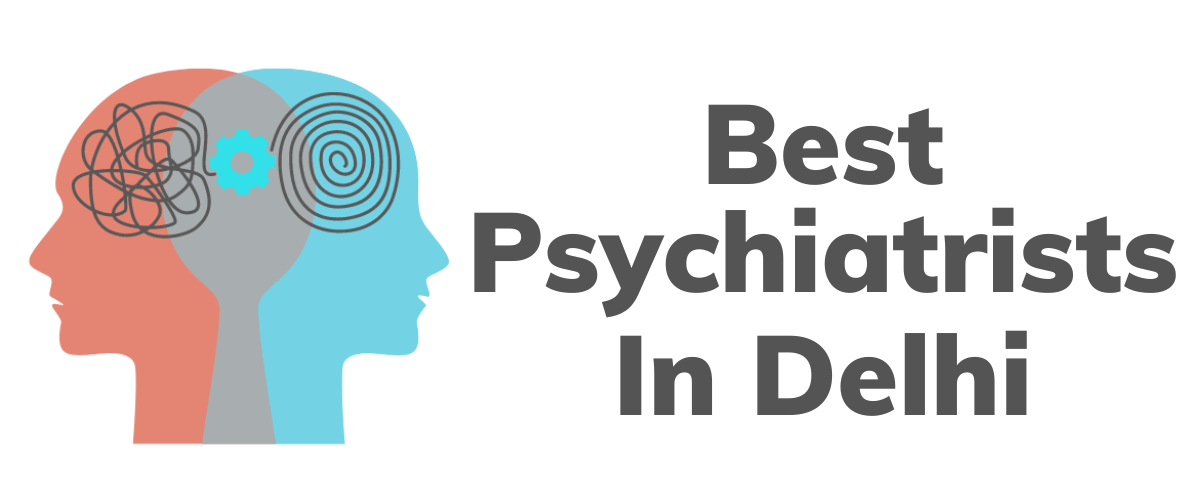Depression Symptoms
Depression Symptoms
Depression is one of a larger category of conditions known as mood disorders. Common descriptions include negative emotions such as anger, sadness, or a sense of failure that get in the way of daily life.
According to the World Health Organization (WHO), as of 2015, there were more than 300 million persons suffering from depression worldwide. This represents 4.3% of the global population. Approximately one in twenty Indians has depression, and 15% of Indian adults require active intervention for one or more mental health conditions, according to the National Mental Health Survey 2015-16. In 2012, it is projected that over 258 000 people in India committed suicide, with those between the ages of 15 and 49 being the most hit./span>
Although there are similarities between depression and feelings like sadness after a tragic incident or grief at the loss of a loved one, these states of mind are unique. Self-hatred and low self-esteem are common features of depression, but not sadness.
While grieving, a person will often have both physical comfort and fond memories of the deceased. In major depressive disorder, sadness is a constant emotion.
Everyone experiences depression differently. Normal activities may become more difficult, resulting in lost time and lower output. Some long-term medical conditions and interpersonal relationships may also be impacted.
There are a number of physical ailments that depression can bring on.
- Cardiovascular Disease
- Asthma
- Arthritis
- Obesity
- Diabetes
- Cancer
Also Read:
It’s crucial to understand that feeling melancholy on occasion is a normal and healthy part of living. Inevitably, we all have to deal with adversity and suffering. However, clinical depression should be considered if such feelings of sadness and despair occur frequently.
Depression is seen as a potentially life-threatening medical disorder that might worsen without proper treatment.
Depression Symptoms
There may be more to depression than just a persistently down or “blue” mood.
The symptoms of a major depressive episode can take several forms. Different substances have different effects on the body and the mind. In addition, symptoms may come and go over time.
The Depression Evaluation
There is currently no reliable diagnostic tool for depression. However, your healthcare provider can make a diagnosis based on your symptoms and the results of a psychiatric evaluation.
You should expect them to ask you a number of probing questions about your:
thoughts, feelings, hunger, sleep, and activity levels
Since depression has been linked to various health conditions, your doctor may also do a physical examination and order blood testing. Thyroid problems or a lack of vitamin D can sometimes contribute to the development of depressive symptoms.
The signs of depression should not be ignored. If you notice no improvement in your mood, or if it worsens, you should seek medical help. Depression is a serious mental illness that may cause problems.
Potential sources of confusion include:
Disordered drug use leading to self-harm
anxiety problems leading to suicide ideation
problems eating or losing weight Relationship issues Being physically injured
Signs and Symptoms in General
Depression manifests differently in everyone. Symptoms can vary in intensity, frequency, and length.
If you have had any of the following symptoms of depression for at least two weeks on a daily basis, you should see your doctor.
sadness, anxiety, or emptiness; helplessness; cynicism; loss of hope
symptoms such as increased crying, sadness, anger, irritability, fatigue, and a loss of interest in formerly pleasurable activities are all indicators of depression.
problems focusing, remembering, or making decisions, sluggish movement, slower speech, difficulty falling asleep, early waking, or staying up late, changes in appetite or weight that do not respond to treatment Persistent physical discomfort for no apparent reason (headaches, aches or pains, digestive problems, cramps)
Death thoughts, suicidal ideation, or actual acts of self-harm
How Often Does Depression Occur?
Suffering from depression is common. In the United States, over 7% of adults experience depression each year, as reported by healthcare providers. It is estimated that about 16% of American adults, or around 1 in 6, will suffer from depression at some point in their lives.
How to Recognize Depression Syndrome?
Having feelings of sadness or despair is a normal human experience. Clinical depression, on the other hand, is characterized by more severe symptoms that persist for at least two weeks.
Your doctor will ask you questions to determine if you have clinical depression. You may fill out a questionnaire and provide information about your ancestry. Your doctor may order more tests and perform an examination to rule out any additional health issues.
Which People Are Most Prone To Depression?
Depression can affect anyone at any time, regardless of age, gender, or life circumstances. More than 16 million Americans suffer from depression each year.
Women may be more susceptible to depression than men. Some physical illnesses and genetic predispositions also increase the odds that someone may experience major depression at some point in their lifetime.
Is There Any Way To Put An End To Depression?
Help prevent depression by getting enough sleep, eating healthily, and practicing self-care habits like yoga, meditation, and exercise regularly.
You may be more vulnerable to depression if you’ve dealt with it before. If you’re feeling depressed, it’s important to seek help. With proper attention, you can make a speedy recovery.
